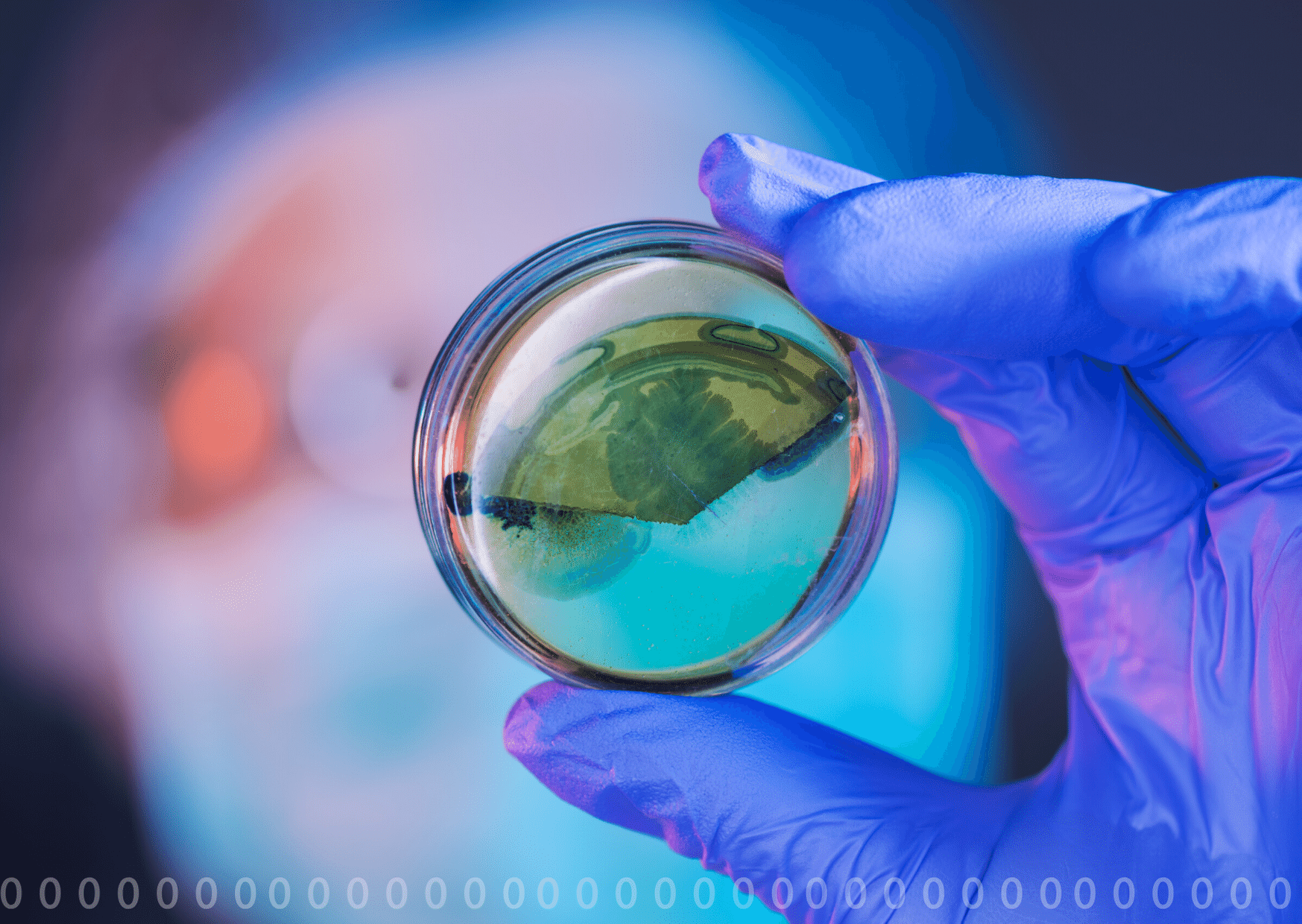Solving Antibiotic Resistance
Since their introduction in the 1930’s, antibiotics have saved millions of lives worldwide. However, we now see resistance to almost all antibiotics ever produced. In this topic we will discuss how antibiotic resistance occurs, and the methods being used across the world to combat this problem, from ACT’s in malaria to bacteriophages – viruses which naturally attack specific bacteria.
Host: Bryony is a graduate medic at the University of Cambridge, following a BA in Biological Sciences at the University of Oxford.
Duration: Suggested 1-2hrs, depending on the level of detail the student desires.
Since their introduction in the 1930’s, antibiotics have saved millions of lives worldwide. However, we now see resistance to almost all antibiotics ever produced. In this topic we will discuss how antibiotic resistance occurs, and the methods being used across the world to combat this problem, from ACT’s in malaria to bacteriophages – viruses which naturally attack specific bacteria.
Host: Bryony is a graduate medic at the University of Cambridge, following a BA in Biological Sciences at the University of Oxford.
Duration: Suggested 1-2hrs, depending on the level of detail the student desires.
Since their introduction in the 1930’s, antibiotics have saved millions of lives worldwide. However, we now see resistance to almost all antibiotics ever produced. In this topic we will discuss how antibiotic resistance occurs, and the methods being used across the world to combat this problem, from ACT’s in malaria to bacteriophages – viruses which naturally attack specific bacteria.
Host: Bryony is a graduate medic at the University of Cambridge, following a BA in Biological Sciences at the University of Oxford.
Duration: Suggested 1-2hrs, depending on the level of detail the student desires.





